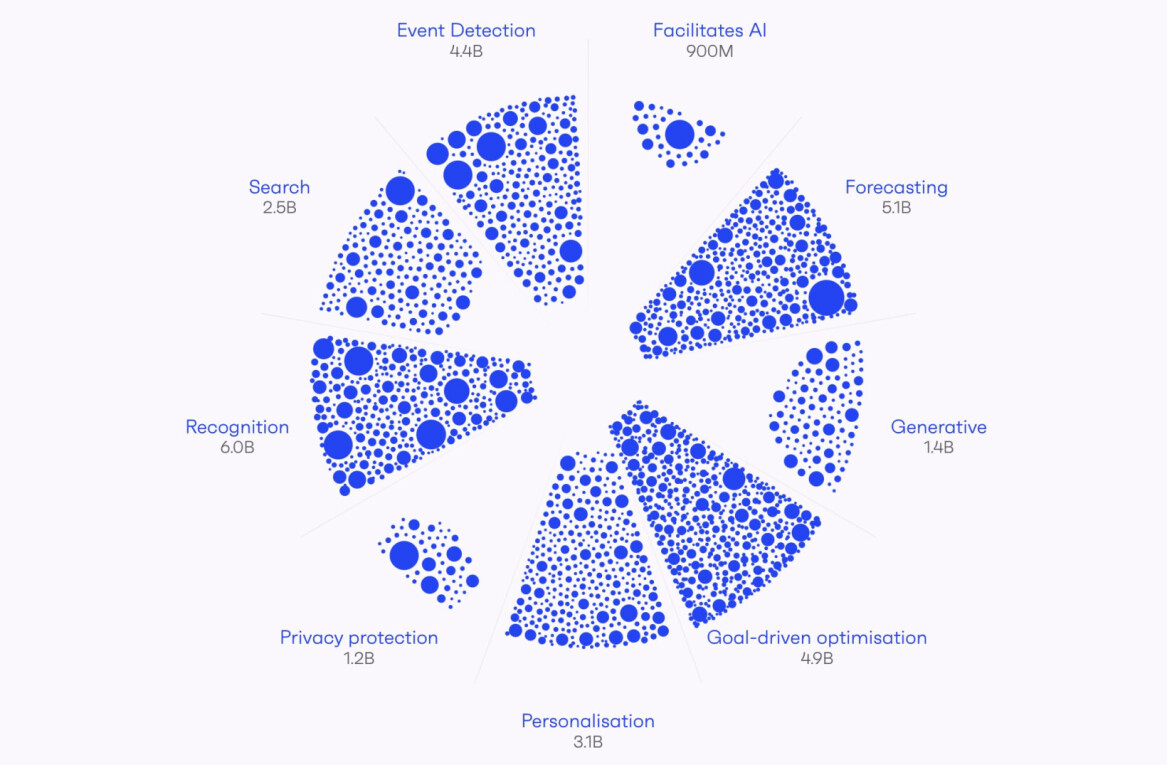
 Editor’s note: Audio Silver Lining is a blog covering cloud-based music production. In this post, its editor Edward James Bass looks at some of the innovations showcased at Music Hack Day London.
Editor’s note: Audio Silver Lining is a blog covering cloud-based music production. In this post, its editor Edward James Bass looks at some of the innovations showcased at Music Hack Day London.
This past weekend saw the second Music Hack Day event in London, held once again at the rather plush offices of the Guardian Newspaper in Kings Cross.
The event is a 24 hour hacking marathon where budding developers can access API’s from music services such as Soundcloud, Echonest and Songkick to create new applications around the available data.
As with previous years, the results ranged from the very useful to the somewhat ridiculous and since I lucky enough to attend yesterdays hack presentations I’ve created a list of my top five hacks below, as well as an honorary mention for another piece of music software development that I think deserves covering.
Earth Destroyers
 Up until recently Rock n Roll tours were a world of excess and grandstanding but with the world becoming ever more sensitive to the economic damage caused by moving these massive shows from town to town, its probably high time we had a means of tracking their activity.
Up until recently Rock n Roll tours were a world of excess and grandstanding but with the world becoming ever more sensitive to the economic damage caused by moving these massive shows from town to town, its probably high time we had a means of tracking their activity.
Paul Lamere from EchoNest certainly thinks so and has created an application that takes data from Bandsintown, Echonest and Google Maps to judge these artists and bands either “Earth Destroyers” (here’s looking at you Bon Jovi!) or “Earth Savers” (Oddly enough..Nickelback).
Apart from being quite amusing I think this app, or something based around its concept could be a really useful tool for bands and tour managers looking to improve their touring schedules and promote a “greener” approach to tours.
Auto Score Tubing
This hack made use of Musescore’s music notation API, Youtube and syncing technology developed by Queen Mary University to create an app that can synchronise performance videos with on-screen notation. Unsurprisingly this hack raised a pretty massive cheer from the audience – no doubt because of the massive benefits it potentially offers for music tuition and learning.
Gowalla for SoundCloud
 I’m quite into the idea of using location based social network services for promotion so was impressed by this hack, which allowed people who “checked in” at Music Hack Day to grab a track using SoundCloud’s API.
I’m quite into the idea of using location based social network services for promotion so was impressed by this hack, which allowed people who “checked in” at Music Hack Day to grab a track using SoundCloud’s API.
I think its likely we will see artists release tracks via this method in the future – could be it was done here first.
Future of Music 2010
 As developer Brian Whitman from Echonest was keen to point out – music recommendation services are starting to get a little tiresome. So rather than create yet another tool that tries to link artists to your tastes he created one that gets rid of the tracks that, according to your tastes, you really shouldn’t be listening to.
As developer Brian Whitman from Echonest was keen to point out – music recommendation services are starting to get a little tiresome. So rather than create yet another tool that tries to link artists to your tastes he created one that gets rid of the tracks that, according to your tastes, you really shouldn’t be listening to.
This Mac OS app makes use of both Last FM’s and Echonest’s API’s scans your iTunes and helpfully deletes anything that logically shouldn’t be there.
Genius.
Disco Snake
 What could be more fun than making music via the medium of an arcade classic?
What could be more fun than making music via the medium of an arcade classic?
This HTML5 based app allows you to generate a sequence of notes by playing Snake – each piece of food representing a note in your sequence with its pitch and velocity determined by its location on the screen.
Offhand I have to say I can’t really think of a practical application for this but, like the original version its likely to be the source of hours of amusement for all.
DIN
 Although not officially presented at Music Hack Day I’d like to give an honorary mention to DIN, an open source synthesis project by developer Jagernot which I was fortunate enough to have a demo of.
Although not officially presented at Music Hack Day I’d like to give an honorary mention to DIN, an open source synthesis project by developer Jagernot which I was fortunate enough to have a demo of.
Rather than using standard waveforms to create sounds DIN allows you to create complex waveforms and envelopes using Bézier curves. Jag has created a mouse controlled, phrased based instrument to allow you to “play” your waveforms and it has to be said some of the resulting sounds are amazing.
If this were not enough he is keeping all of the technology behind DIN open source in the hope that it will encourage Music Technology software developers to innovate beyond the standard synthesis models – all of which, as he pointed out – are influenced by analogue synths that have restrictions that digital synthesis does not.
More information can be found here.
I’d like to thank Dave Haynes of Soundcloud and his team at Music Hack Day for running this superb innovation focussed event – it really was an eye opener.
A full list of hacks from the day can be found here.
Get the TNW newsletter
Get the most important tech news in your inbox each week.





